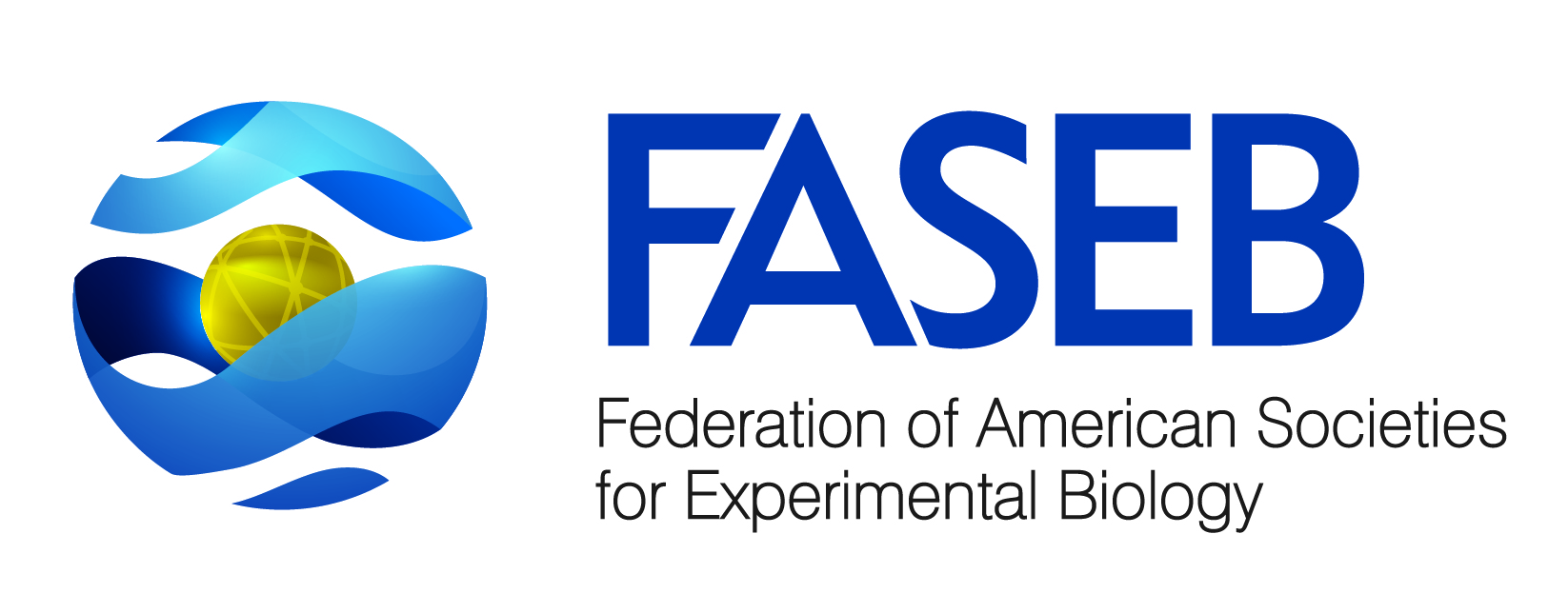Newswise — Chicago (April 22, 2017) – With more than one-third of adults in the U.S. considered obese, researchers are searching for new ways to treat obesity and associated health problems such as type 2 diabetes. The Experimental Biology 2017 meeting (EB 2017) will showcase new insights into the causes of obesity and research that could inform new strategies for losing weight.
Mouse Study Suggests New Potential Treatment for Obesity
Previous studies have shown weight-loss benefits for avoiding foods high in the amino acid methionine, such as beans, nuts, beef, turkey, pork, fish, eggs and dairy. However, following such a restricted diet for a long time is difficult. Using mice that were obese as a result of a high-fat diet, University of Wisconsin–Madison researchers found that just five weeks of methionine deprivation not only led to progressive weight loss and reduced body fat but also corrected high blood sugar levels. The new findings reveal that short-term avoidance of methionine might be as helpful as long-term deprivation and could be a promising treatment for obesity and related diseases such as type 2 diabetes.
Deyang Yu will present this research at the American Physiological Society’s annual meeting at 9 a.m.–4 p.m. Monday, April 24, in Hall F (poster F180 883.22) (abstract).
Fathers’ Diet and Physical Activity Influences Offspring Health in Mice
Results from a new mouse study suggest that paternal exercise and diet around the time of conception can affect offspring health. Researchers from the U.S. Department of Agriculture’s
Agricultural Research Service found that, compared with offspring of fathers consuming a normal diet around the time of conception, offspring of fathers fed a high-fat diet weighed more and showed increased insulin resistance. However, these negative health effects were not observed in offspring of fathers who exercised. For offspring fed a high-fat diet after weaning, paternal exercise also prevented increases in body weight and fat for 5-month-old offspring but only when fathers were fed a normal fat diet.
Kate Claycombe will present this research at the American Society for Nutrition Scientific Sessions and annual meeting at 3–5 p.m. Tuesday, April 25, in McCormick Place Convention Center Room S103A (abstract).
Maternal Obesity in Mice Has Gender-Specific Effects on Offspring
Scientists continue to investigate prenatal exposure to maternal obesity to better understand how it might increase the offspring’s risk for later obesity. In a new study, researchers from the University of Arkansas for Medical Sciences and Arkansas Children’s Nutrition Center found that maternal obesity in mice affected male and female offspring in different ways, and thus may contribute to sex-specific susceptibility to diet-induced obesity later in life. Prior to conception, female mice received normal or high-fat diets, and their offspring received normal or high-fat food after weaning. Overall, male offspring gained more body weight and showed more fat build-up in the liver than female offspring. The researchers saw more pronounced sex differences in gut microbial diversity for mice that consumed a high-fat diet after weaning even though all the offspring of mothers that consumed a high-fat diet exhibited lower microbe diversity.
Umesh Wankhade will present this research at the American Society for Investigative Pathology annual meeting at 8:30–11:30 a.m. Monday, April 24, in Room W179B (abstract).
Rat Study Shows Consuming Dairy Might Be as Good as Exercise for Losing Weight
Consuming dairy protein may be as effective as exercising in preventing further weight gain, according to a new study in a rat model of obesity. Researchers from the University of Guelph in Canada also found that exercise training together with dairy protein consumption was more effective at preventing additional weight gain than either intervention alone. The researchers say that exercise reduces weight gain by burning more calories while consuming dairy protein likely reduces the amount of fat that is absorbed.
Sarah Trottier will present this research at the American Physiological Society’s annual meeting at 12:45–3 p.m. Tuesday, April 25, in Hall F, and 10:30 a.m.–12:30 p.m. Tuesday, April 25, in Room W192B (abstract).
EB 2017 is the premier annual meeting of six scientific societies to be held April 22–26 at the McCormick Convention Center in Chicago. Contact the media team for abstracts, images and interviews, or to obtain a free press pass to attend the meeting.
About Experimental Biology 2017
Experimental Biology is an annual meeting comprised of more than 14,000 scientists and exhibitors from six host societies and multiple guest societies. With a mission to share the newest scientific concepts and research findings shaping clinical advances, the meeting offers an unparalleled opportunity for exchange among scientists from across the U.S. and the world who represent dozens of scientific areas, from laboratory to translational to clinical research. www.experimentalbiology.org #expbio
Find more news briefs and tipsheets at: https://www.eurekalert.org/meetings/eb/2017/newsroom.
###
